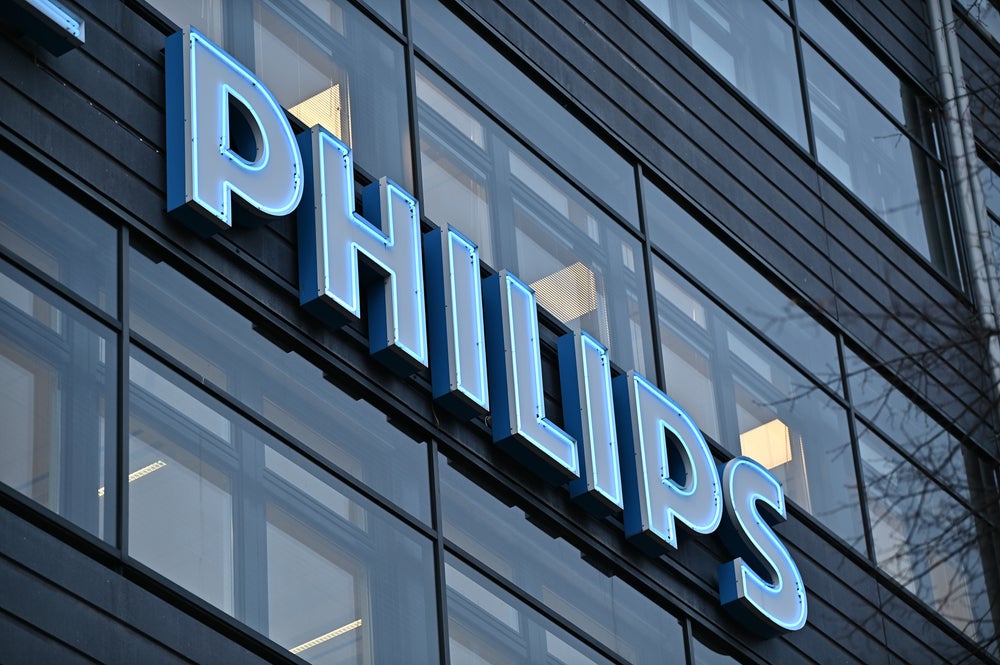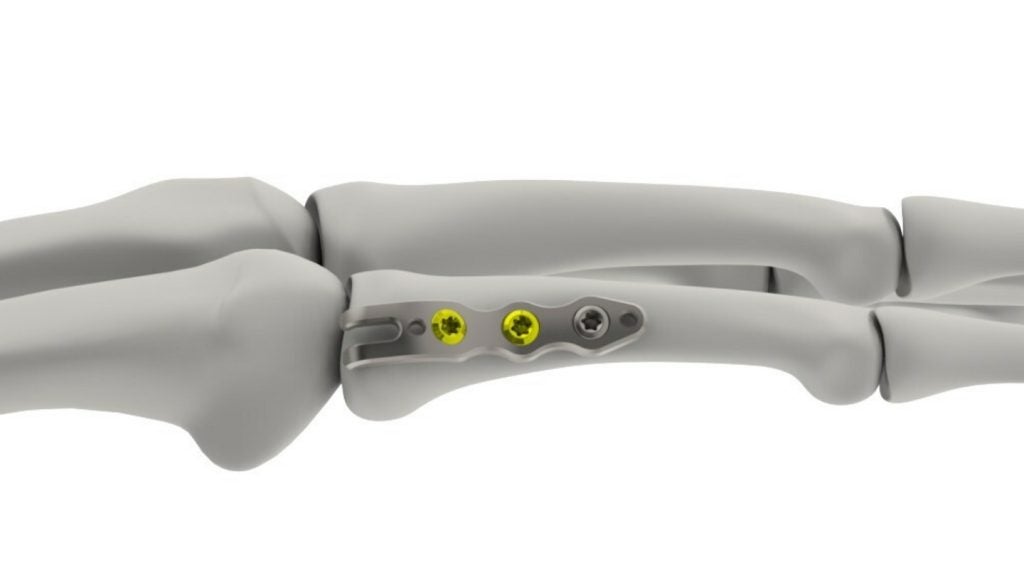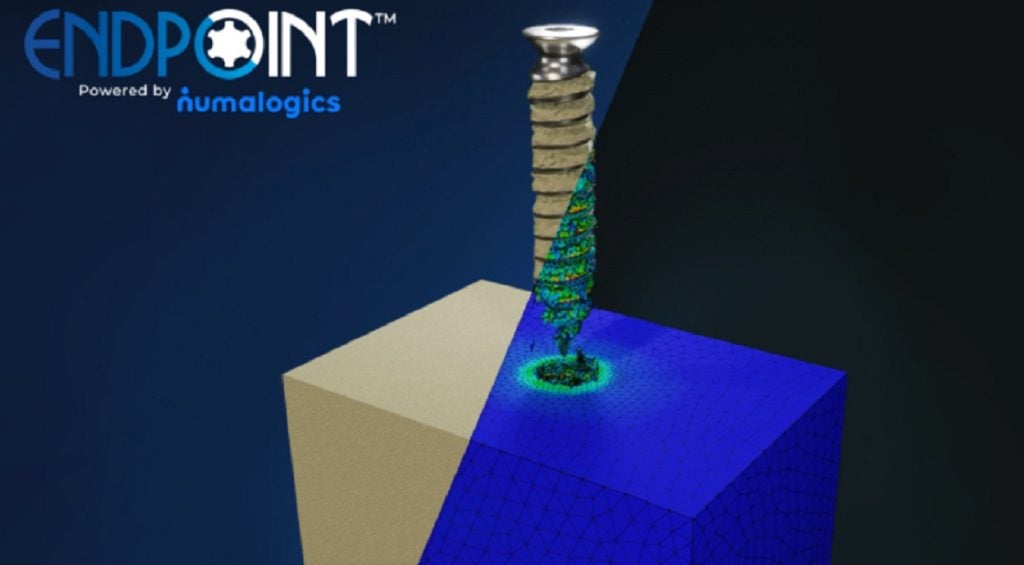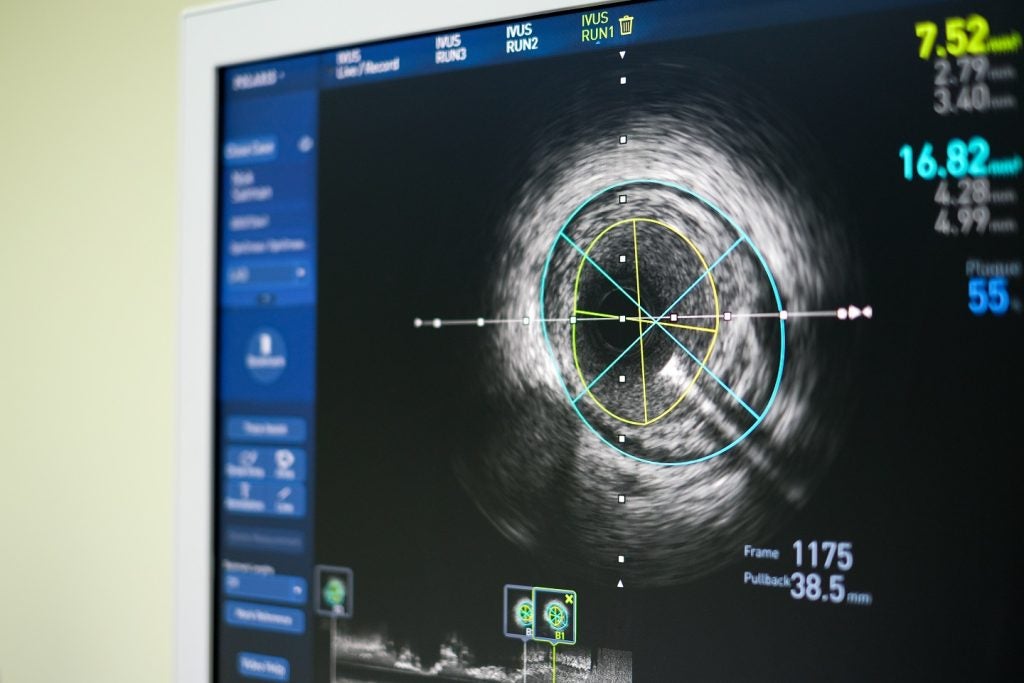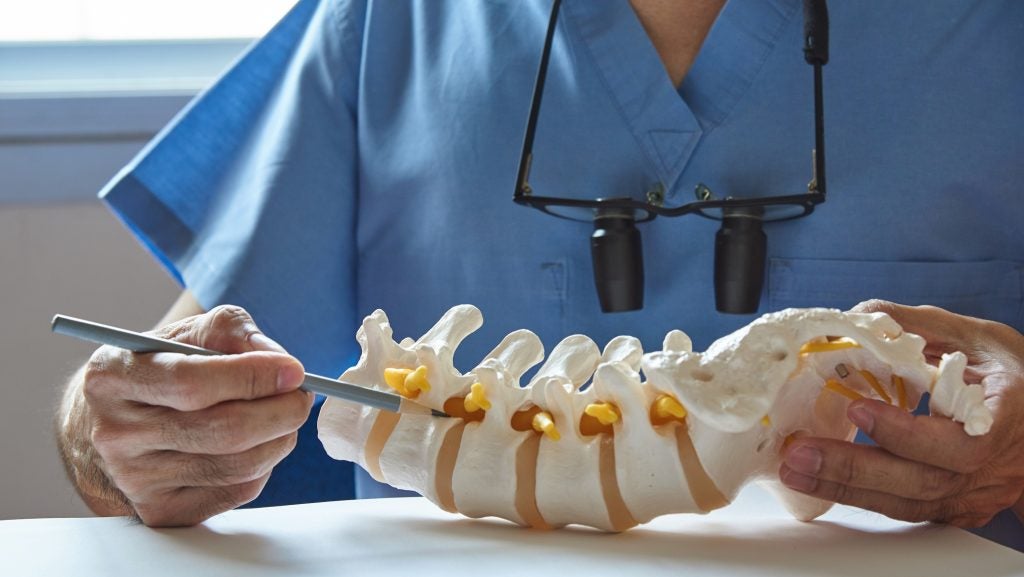Dutch company Philips has said it will halt sales of its sleep apnoea devices, according to the latest development regarding its troubled respiratory division.
The move comes after an agreement, known as a so-called consent decree, was reached with the US Department of Justice, acting on behalf of the US Food and Drug Administration.
Philips set aside €363m ($393m) in Q4 2023 to deal with the issues around its devices, according to a 29 January press release.
The company had previously taken a €575m provision in Q1 2023 to cover litigation costs of the faulty ventilator devices.
Shares in Philips opened 4% lower on Monday morning compared to the pre-announcement market close. The company is trading around 60% lower than pre-recall market highs in 2021.
Philips has endured a long saga with its Respironics business. Woes for the company began in 2021, when Philips recalled certain devices following reports of polyester-based polyurethane foam breakdown, thereby potentially exposing patients to toxic chemicals. The company issued worldwide recalls for 15 million devices.
To add fuel to the flames, it transpired that the company knew about the defects in its devices for over a decade before the recall was issued.
Until the requirements of the consent decree are met, Philips said it will not sell new continuous positive airway pressure (CPAP) and bilevel positive airway pressure (BiPAP) sleep therapy devices, or other respiratory care devices, in the US.
In the same 29 January press release, Philips reiterated its confidence in delivering its 2023-2025 plan. Philips expects to deliver sales growth of 3%-5%. The company’s Q4 group sales for 2023 were down 7% compared to the same period in 2022.
Philips’ CEO Roy Jakobs said: “Patient safety and quality remain Philips’ highest priority across the company. Resolving the consequences of the Respironics recall for our patients and customers is a key focus area and I acknowledge and apologise for the distress and concern caused.
We are fully committed to complying with the consent decree, which is an important step and provides a clear path forward.”


